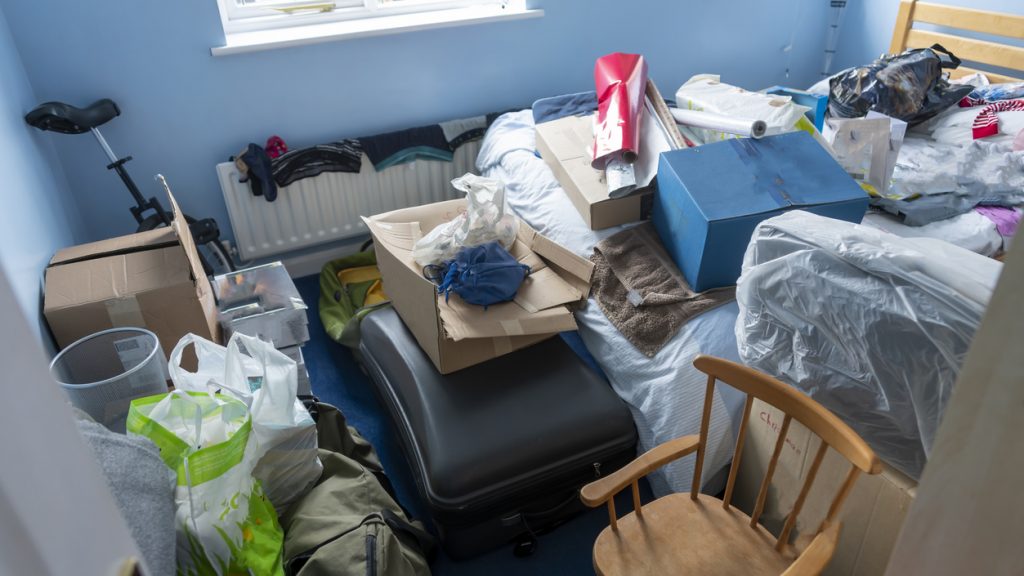When “Sentimental Value” Turns Serious: Understanding Hoarding in Aging Parents

When “Sentimental Value” Turns Serious: Understanding Hoarding in Aging Parents
As our parents age, their relationship with belongings can sometimes change. What used to be a love of collecting might morph into something more concerning – hoarding. This can be a stressful and confusing situation for children, leaving you wondering what causes it and how to help.
Understanding the Reasons Behind the Clutter
Hoarding disorder is a complex mental health condition, not just a sign of clutter. Here are some reasons why your aging parent might be struggling with it:
- Loss and Trauma: Life experiences like the death of a spouse or financial hardship can trigger hoarding as a way to hold onto memories or a sense of security.
- Anxiety and Depression: These mental health challenges can make letting go incredibly difficult, leading to a fear of discarding even seemingly useless items.
- Obsessive-Compulsive Disorder (OCD): Some people with OCD experience intrusive thoughts about losing possessions, causing them to hoard as a way to manage anxiety.
- Childhood Experiences: Growing up in poverty or having belongings taken away can lead to an intense attachment to objects.
The Impact of Hoarding
While a cluttered space might seem like a minor inconvenience, hoarding can have serious consequences for your parent’s well-being:
- Safety Hazards: Fire exits blocked by clutter or tripping hazards can pose a serious threat.
- Health Issues: Mold and mildew growth due to poor ventilation can cause respiratory problems.
- Social Isolation: Shame associated with the clutter can lead to social withdrawal.
- Strained Relationships: Family tension can arise due to frustration and concern.
Approaching the Issue with Compassion
Having a conversation about hoarding can be emotionally charged. Here are some tips for approaching it with your parent:
- Timing and Location: Choose a calm moment when your parent is relaxed and in a safe, clutter-free environment for the discussion.
- Focus on Love and Concern: Emphasize your care for their well-being and safety, not the mess itself.
- Listen with Empathy: Try to understand their emotional attachment to their belongings.
- Start Small: Suggest tackling a manageable area together, focusing on memories rather than discarding everything.
- Offer Professional Help: Suggest seeking support from a therapist specializing in hoarding disorder or a professional organizer who can offer non-judgmental guidance.
Resources for Children of Hoarders
You don’t have to handle this alone. Here are some resources available in Canada:
- International Hoarding Alliance : Provides information and support groups for families dealing with hoarding.
- The Canadian Mental Health Association: Offers resources for mental health concerns, including anxiety and depression, which can be linked to hoarding.
- The National Initiative for the Care of the Elderly (NICE)
Bayshore Home Health offers a wide range of home care services to help Canadians live independently for as long as possible. Contact us at 1-877-289-3997 for details.
